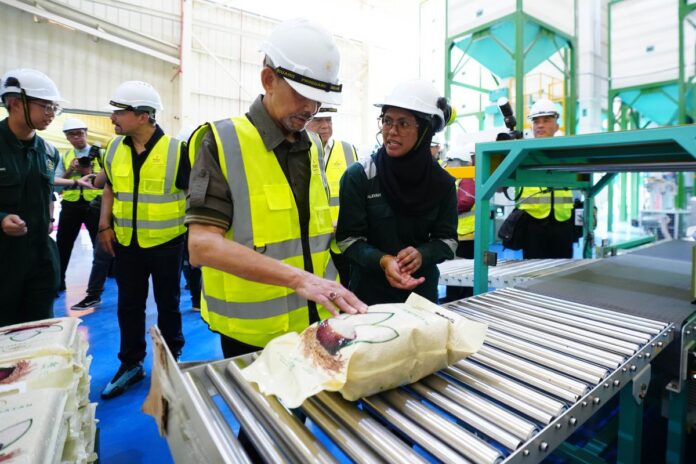
Brunei’s national rice milling facility operated by Wasan Milling Company (WMC) has more than doubled its milling capacity to 10.5 metric tonnes per hour following a significant upgrade to its processing, storage and packaging systems.
His Majesty Sultan Hj Hassanal Bolkiah on November 12 officiated and toured the upgraded facility in the Wasan Agricultural Development Area, inspecting the new COFCO milling line along with its four vertical dryers, three 850-tonne silos and automated vacuum-seal packaging system.
The upgrades add seven metric tonnes of hourly milling capacity, raising WMC’s output to 7,920 metric tonnes a year, equivalent to around 38 percent of national demand.
The facility’s expansion has also increased the company’s workforce, creating 48 new local jobs on top of the 20 staff already employed under the previous facility, bringing the milling team to 68 employees, all of whom are Bruneian.
WMC’s new vacuum-sealed packaging is expected to extend the shelf life of locally milled rice, which will be sold in five-kilogramme bags and reach retail shelves nationwide by the end of this year or early next year.
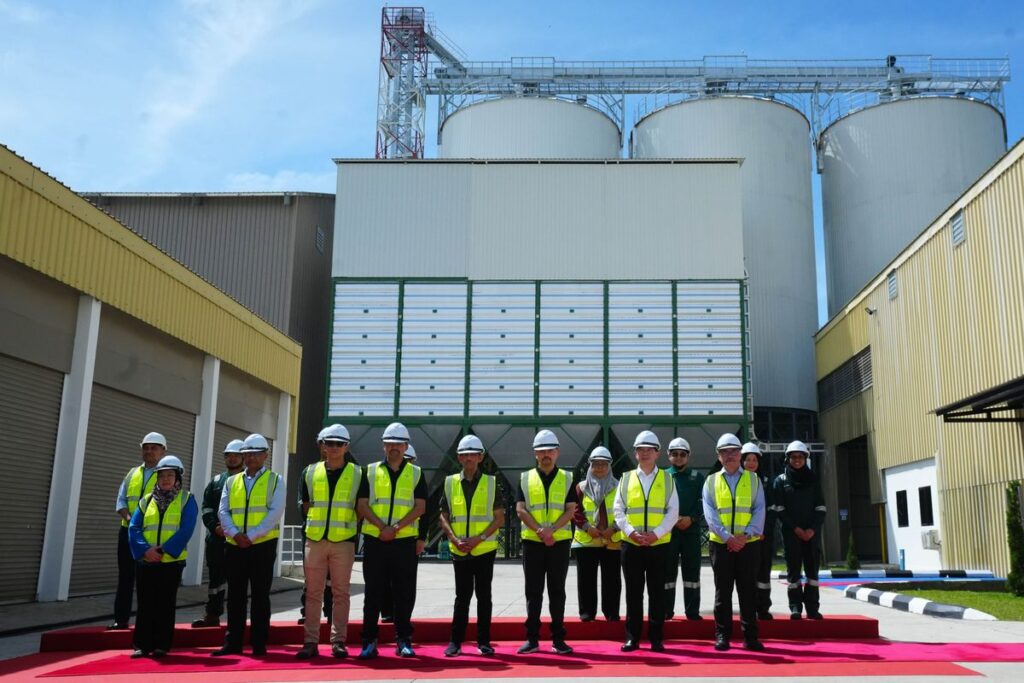
Brunei sets 20% rice self-sufficiency target by 2027
Rice is one of six key commodities identified by the Ministry of Primary Resources and Tourism (MPRT) to strengthen Brunei’s food security, reduce import dependence, and develop its food industry, one of five priority sectors targeted to diversify the country’s economy.
Brunei’s rice self-sufficiency rate has increased from 4.8 percent in 2017 to 8 percent in 2024, with the government targeting 20 percent by 2027.
As the sole commercial milling operator in Brunei, WMC – wholly government-owned through Darussalam Assets (DA) – will play a key role by supporting local farmers by processing their paddy into rice for sale to the local market.
WMC was established in March 2022 as a corporatisation initiative between DA and MPRT to increase the productivity of Brunei’s rice value chain.
The company took over the Wasan milling facility, and last year also expanded upstream by integrating paddy planting operations in Kandol, previously managed by another DA company called PaddyCo.
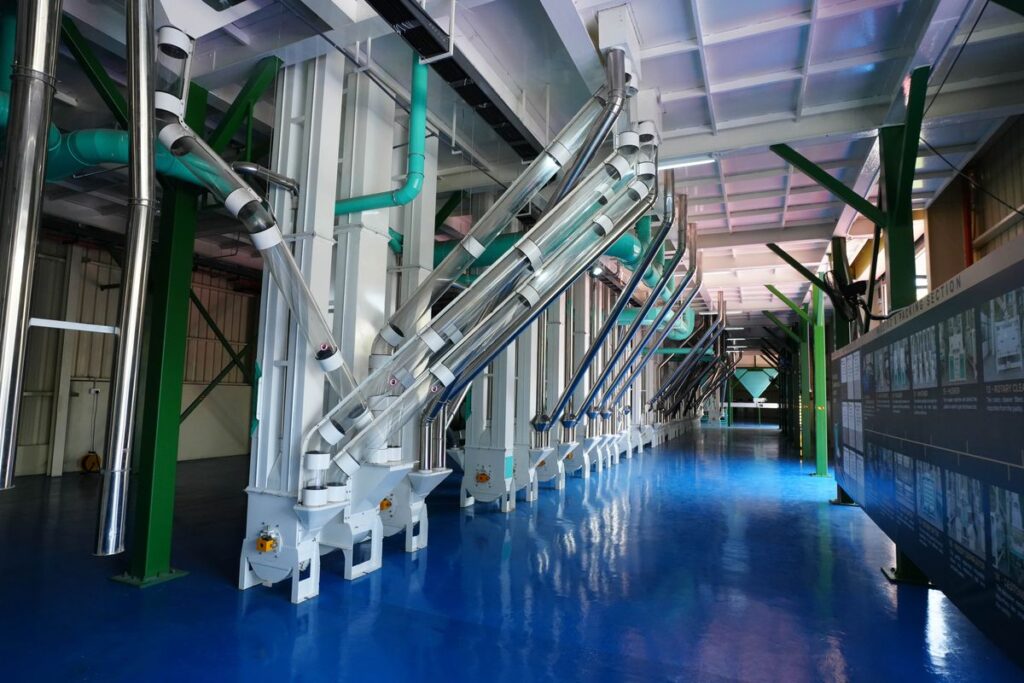
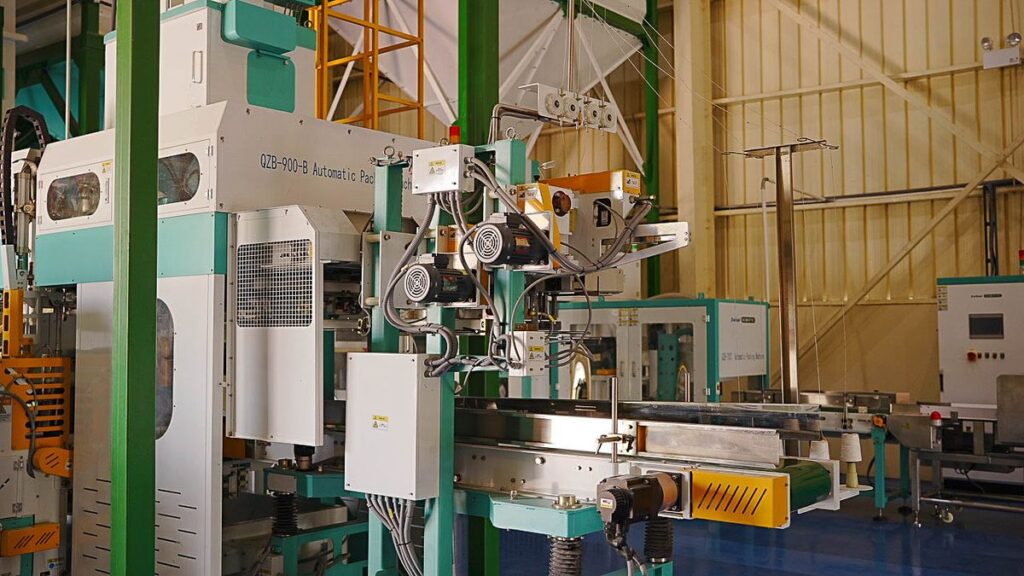
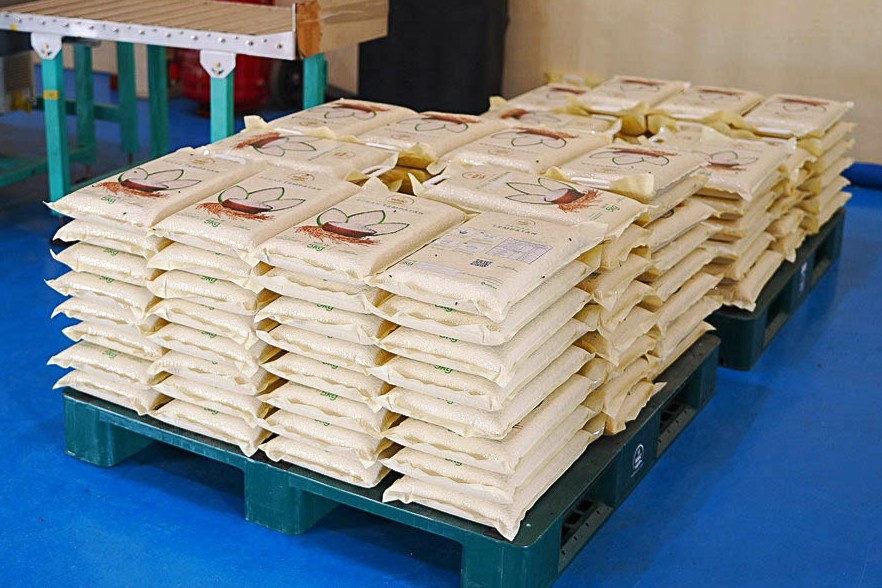
This integration means WMC now conducts cultivation, milling and packaging, providing a full farm-to-market system for Brunei’s rice industry while continuing to support local paddy farmers.
At Kandol, WMC has expanded planted areas from 68 to 174 hectares, cultivating the Yuan 148 and Sembada 188 varieties and targeting yields of five metric tonnes per hectare.
The company has increased mechanisation by deploying more tractors, transplanters and harvesters, introducing an AI-powered insect monitoring system and adopting precision farming with drones to monitor fields and apply fertilisers and other inputs. WMC has also expanded its plantation workforce to 95 employees, including 30 locals.


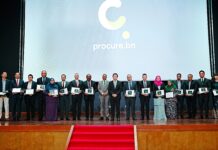
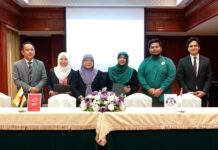
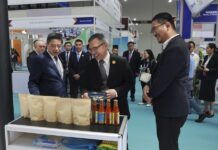





![[Video] Behind the launch: Atoll expands FDI in Brunei with Mantap sauces](https://www.bizbrunei.com/wp-content/uploads/2025/06/Atoll-Agro-Mantap-FA-9-100x70.jpg)
